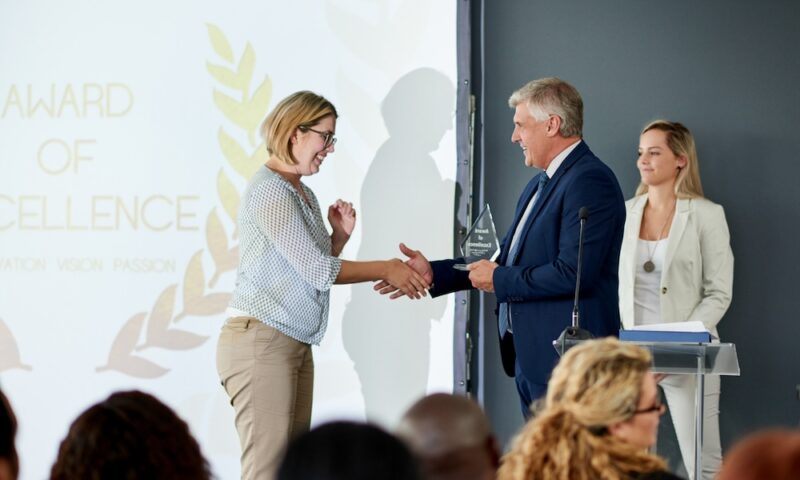
Behind a Successful Advocacy Event
Hosting an awards event honoring legislators can be a boon for an association’s lobbying goals and leadership. But advance planning is critical.
Advocacy is a difficult job on a good day, and at the moment it might feel appreciably harder for many associations. There’s turnover in the White House, in Congress, and at the state level, and the level of disruption President-elect Donald Trump’s might deliver during a second term is uncertain. The anxiety can run deeper for niche associations, whose goals often don’t enjoy the attention that hot-button issues do.
The American Fraternal Alliance is one such association. A 501(c)(8) group, it represents nonprofit life insurance carriers who funnel proceeds into community service initiatives. AFA doesn’t have a large member base—it serves just 51 such groups—but it stands to be substantially impacted by coming legislative discussions around tax reform.
“Our sector is small and often misunderstood in the marketplace and among legislators,” says CEO Allison Koppel, CAE. “So our focus is on proactively communicating the value of fraternal benefit societies across the country and making sure they retain their tax-exempt status.”
AFA’s traditional approach to that effort at the federal level has been to organize Capitol Hill fly-in meetings every two years to meet legislators and encourage them to sign on to a congressional resolution supporting the association’s sector. This year, to shine the spotlight a little brighter, AFA hosted an awards ceremony, presenting commemorative plaques to U.S. Representatives who supported the resolution.
Legislators are happy to pick up an award, but less free to sit through a ceremony to receive it.
“With tax reform [discussions] next year, we thought, Let’s brainstorm with our lobbying team about what we can do that’s a little different,” Koppel says. “Also, our CEOs have been doing this for years and years, and we wanted to shake it up a little bit and make sure that they were still engaged, still excited to come to DC, still excited to go to the Hill.”
Even a simple awards ceremony requires a lot of advance planning. That means addressing logistical matters like finding a suitable date on the calendar and reserving a meeting room in a congressional building. It also means recognizing that congresspersons have complicated lives, Koppel noted; while they might be happy to pick up an award, they’re less free to sit through a ceremony to receive it. So the awards, while handsome, aren’t personalized.
There are also rules to follow around the awards proper, says AFA Managing Director Kendra Ansley. “There’s an ethics component to giving things to legislators,” she says. “It has to be associated with a formal event and a date. There are certain things that you need to communicate if you’re handing out an award. It’s definitely all achievable, but you just have to make sure that you’re acting within the confines of those rules.”
Koppel is confident that the event helps build support among AFA member leaders and legislators alike entering the next session of Congress. “I definitely think we achieved our goals on the legislator side, because they felt acknowledged for their support of our sector. They have a thing in their office that they walk by now daily leading up to next year’s tax reform,” she says. “To engage our CEOs at that level, and to have them be so much a part of that process, I think, made our CEOs feel really valued as well. They were absolutely part of those advocacy efforts.”
Ultimately, it’s not one particular effort that will help an association meet an advocacy goal, Ansley notes. It’s the consistent dedication to the message, and expressing it in new ways, that matters most. “The goal with advocacy work is to continue these touch points—it’s not a one-stop visit and everything will work out,” she says. “It’s constant relationship-building, constant reminding. This was a new way to do it.”
[Mikolette/istock]






Comments